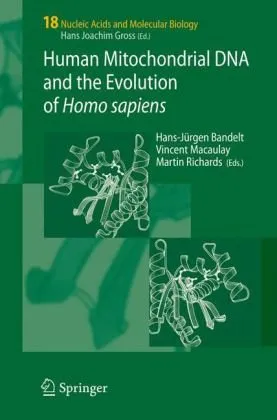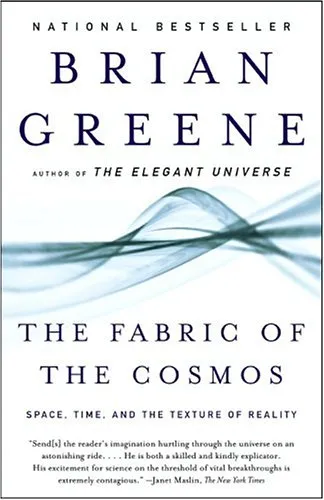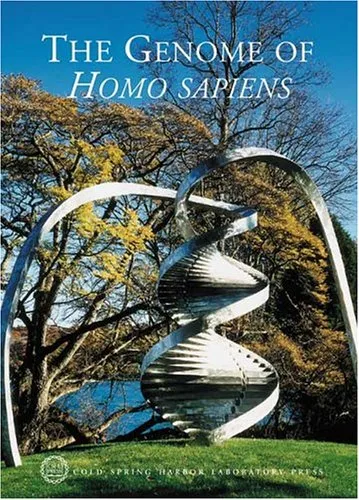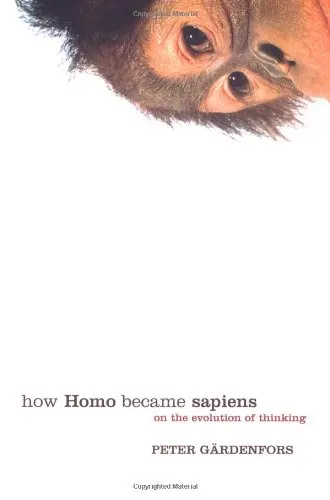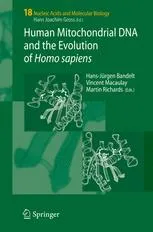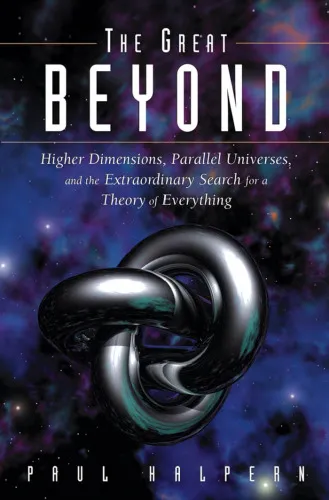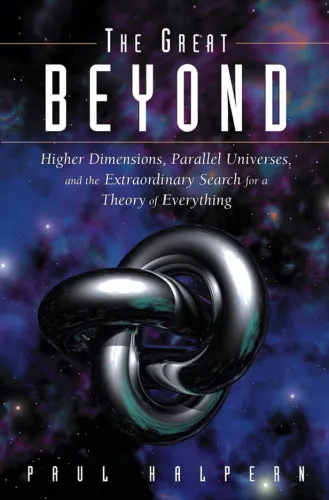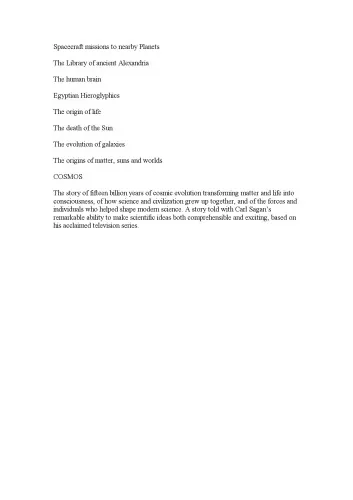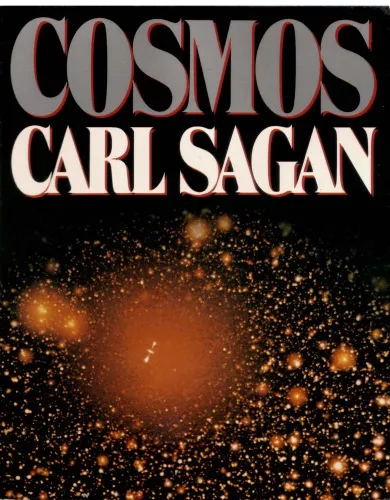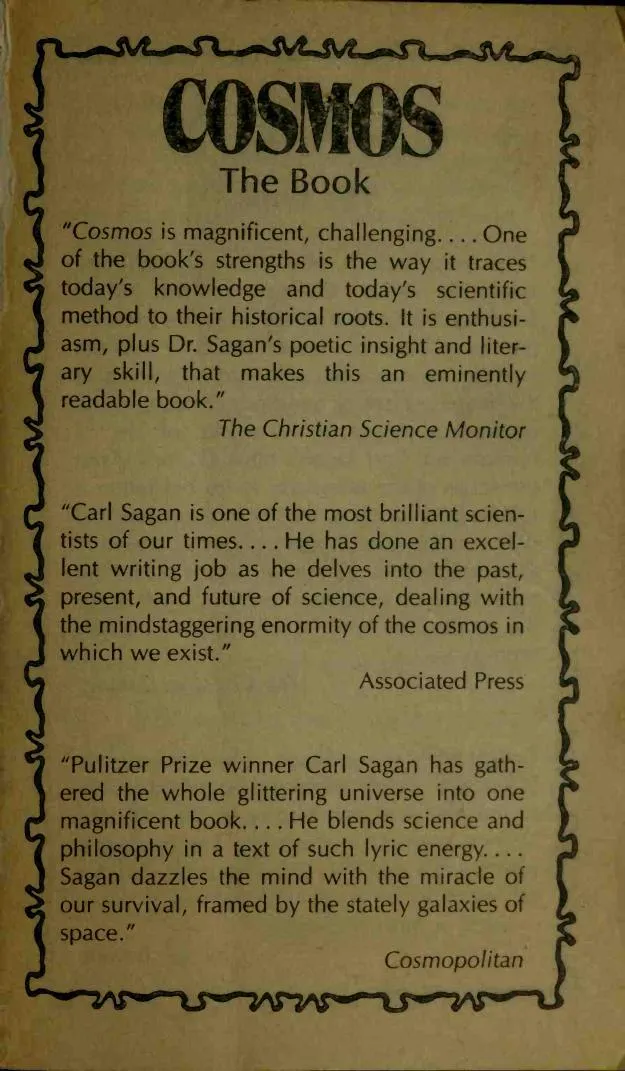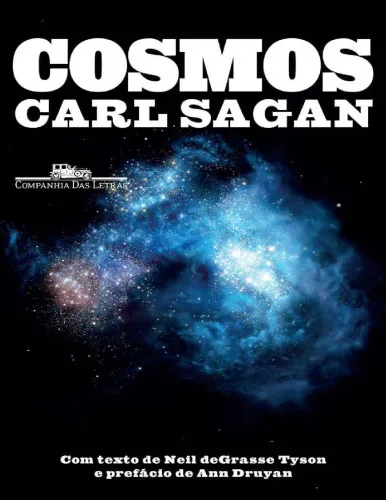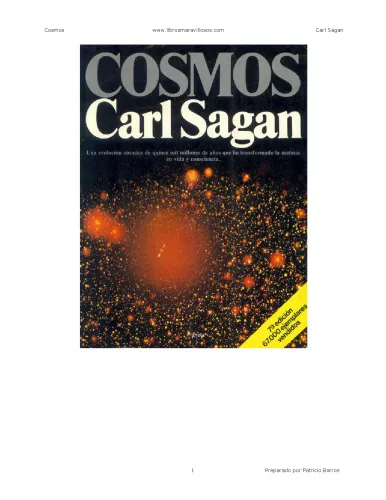Human Mitochondrial DNA and the Evolution of Homo sapiens (Nucleic Acids and Molecular Biology, 18)
4.3
Reviews from our users

You Can Ask your questions from this book's AI after Login
Each download or ask from book AI costs 2 points. To earn more free points, please visit the Points Guide Page and complete some valuable actions.Related Refrences:
Introduction to Human Mitochondrial DNA and the Evolution of Homo sapiens
The book, Human Mitochondrial DNA and the Evolution of Homo sapiens, edited by Hans-Jürgen Bandelt, Martin Richards, and Vincent Macaulay, delves into one of the most fascinating fields of modern science: the study of mitochondrial DNA (mtDNA) and its implications for understanding human evolution. This comprehensive volume serves as a vital resource for researchers, students, and enthusiasts of human genetics, anthropology, and evolutionary biology by exploring the genetic history preserved within our mitochondria.
Written by leading experts in the field, this book provides a deep dive into the evolutionary significance of mitochondrial DNA, discussing its role in tracing maternal lineages, reconstructing the origins of modern humans, and mapping ancient human migrations. Combining rigorous science with rich analysis, it bridges molecular biology with anthropology to provide a dynamic, multi-disciplinary perspective on humanity's shared heritage.
Detailed Summary of the Book
The book spans critical areas in the study of human mitochondrial DNA, offering both a broad overview and specialized knowledge on the topic. It introduces the molecular biology underlying mitochondrial DNA and explains its unique properties and inheritance patterns, which make it an exceptional tool for evolutionary studies.
The editors meticulously compile and analyze key research findings on the evolution of Homo sapiens, revealing insights into the "Out of Africa" theory and the subsequent dispersal of modern humans across the globe. Chapters provide in-depth discussions on genetic markers within mtDNA, examining their correlation with historical patterns of migration and population mixing. The book also sheds light on how environmental factors, genetic drift, and natural selection have shaped human diversity at the mtDNA level.
In addition, this volume contextualizes mitochondrial genome studies within broader fields of paleoanthropology and ancient DNA research, offering comparisons to nuclear DNA studies for a balanced understanding. Each chapter offers critical evaluations of current methodologies, debates, and challenges in this rapidly evolving field, setting the stage for future research.
Key Takeaways
- Mitochondrial DNA (mtDNA) is inherited exclusively from the mother and remains largely unchanged across generations, making it especially useful for lineage and ancestry tracing.
- The study of mtDNA supports the hypothesis that modern humans originated in Africa approximately 200,000 years ago.
- Through mtDNA analysis, researchers have reconstructed the migratory paths that led to the global spread of Homo sapiens.
- Mitochondrial studies reveal instances of interbreeding between early modern humans and archaic humans, such as Neanderthals.
- The methodologies involved in mtDNA analysis, while powerful, must account for challenges like contamination and interpretation biases in ancient DNA samples.
Famous Quotes from the Book
"Mitochondrial DNA offers not just a genetic fingerprint of our maternal lineage but a map of humanity’s journey through time and space."
"The evolutionary path of Homo sapiens is encoded within the mitochondria of every living human—a thread linking us all to a single common ancestor."
"By decoding patterns of mitochondrial variation, we unravel the story of how climate, geography, and culture shaped the trajectory of human evolution."
Why This Book Matters
Human mitochondrial DNA holds the key to unlocking many unanswered questions about the origins and migrations of modern humans. This book is significant because it synthesizes decades of research into a clear and accessible framework. With contributions from some of the most respected scientists in the field, the volume encapsulates the power of an interdisciplinary approach to uncover insights about human history, genetic diversity, and adaptation.
As methods for analyzing genetic data continue to evolve, this book provides a robust foundation for those seeking to contribute to or understand the cutting edge of human evolutionary research. By placing mitochondrial DNA studies in the context of broader biological and anthropological questions, the book ensures that the insights gained are not merely academic but also deeply relevant to our understanding of human heritage and identity.
Ultimately, Human Mitochondrial DNA and the Evolution of Homo sapiens is not just a scientific text but a tribute to the unity of humanity—highlighting the threads of mitochondrial DNA that connect us all while celebrating the incredible diversity that defines our species.
Free Direct Download
You Can Download this book after Login
Accessing books through legal platforms and public libraries not only supports the rights of authors and publishers but also contributes to the sustainability of reading culture. Before downloading, please take a moment to consider these options.
Find this book on other platforms:
WorldCat helps you find books in libraries worldwide.
See ratings, reviews, and discussions on Goodreads.
Find and buy rare or used books on AbeBooks.
1147
بازدید4.3
امتیاز0
نظر98%
رضایتReviews:
4.3
Based on 0 users review
Questions & Answers
Ask questions about this book or help others by answering
No questions yet. Be the first to ask!
